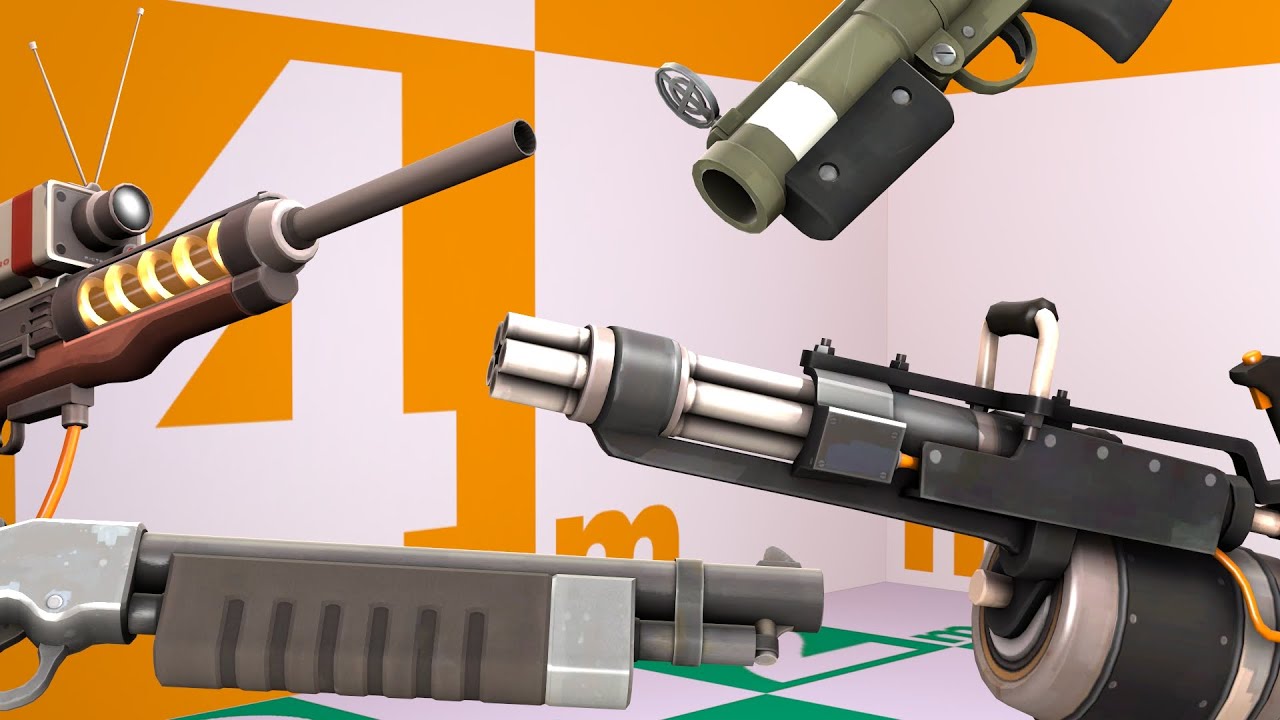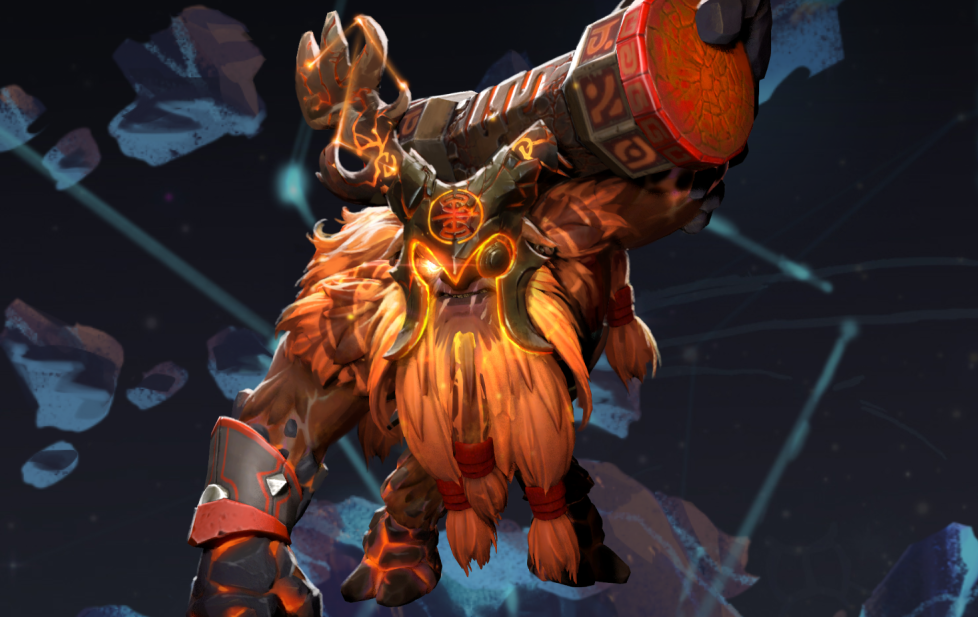Rust Survival Guide: Top Tips for Beginners
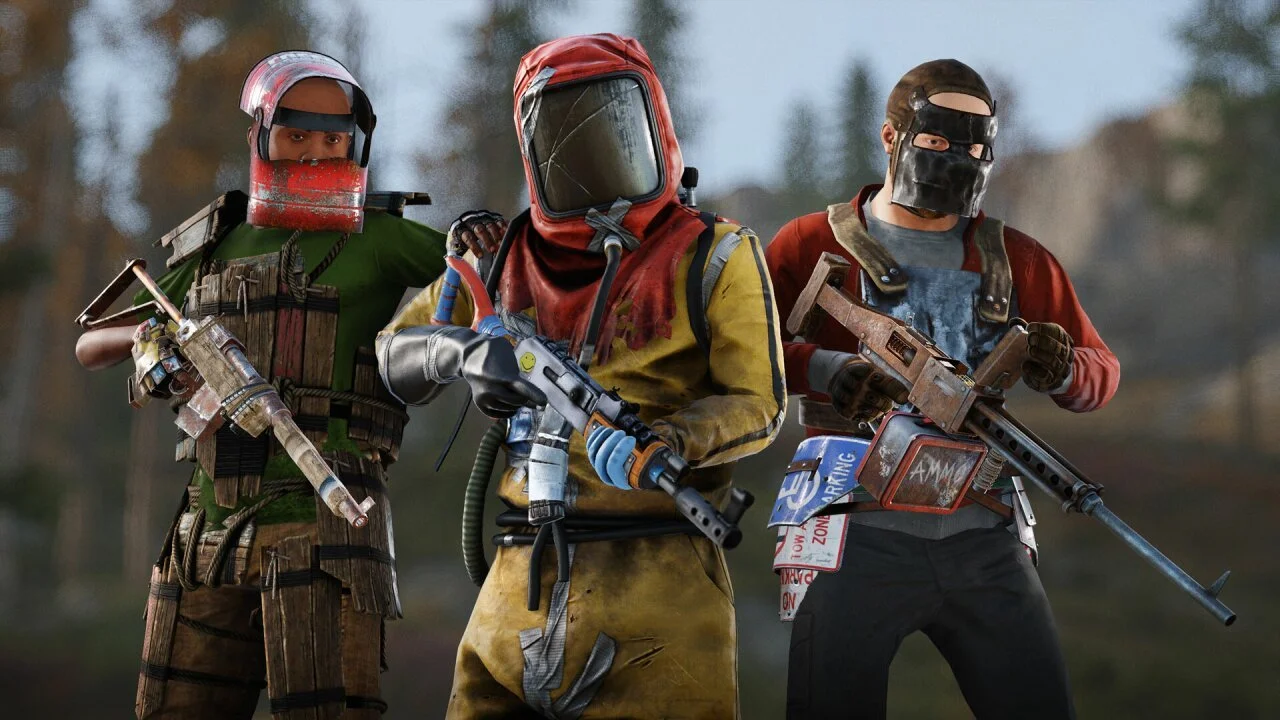
Rust is a challenging survival game that throws players into a hostile open world filled with rival players, limited resources, and constant threats. The game’s unique mix of crafting, combat, and exploration creates a steep learning curve for newcomers.
Why Survival in Rust Is a Unique Challenge
Rust’s survival experience stands out due to its harsh environment, unpredictability, and the ever-present risk posed by other players. Whether you’re fending off wild animals, scavenging for materials, or defending your base from raids, Rust demands adaptability and resilience.
Goal: To guide beginners through the basics of survival and provide tips for thriving in their early days of Rust gameplay.
bulletskins.com
Getting Started in Rust
Understanding the Basics
- User Interface: Familiarize yourself with the health, hunger, and hydration bars. Managing these resources is crucial to survival.
- Key Resources: Prioritize collecting wood, stone, and cloth as these form the foundation for crafting.
- Early Objectives: Start by gathering enough materials to craft basic tools and find shelter.
Essential Tools and Crafting
- Stone Hatchet and Pickaxe: These tools allow you to efficiently gather wood and stone.
- Clothing: Craft basic garments to protect yourself from the elements and increase inventory space.
- Campfire: Essential for cooking food and keeping warm during cold nights.
Tips for Surviving the First Day
Finding Shelter
- Safe Locations: Look for areas near resource-rich zones but away from high-traffic paths to avoid confrontations.
- Temporary Bases: Start with a small wooden shack to secure your initial resources.
Gathering Resources Efficiently
- Wood and Stone: Harvest these from trees and rocks using your tools.
- Food: Collect mushrooms, berries, and hunt small animals for sustenance.
- Metal and Sulfur: Locate ore deposits for crafting advanced items later.
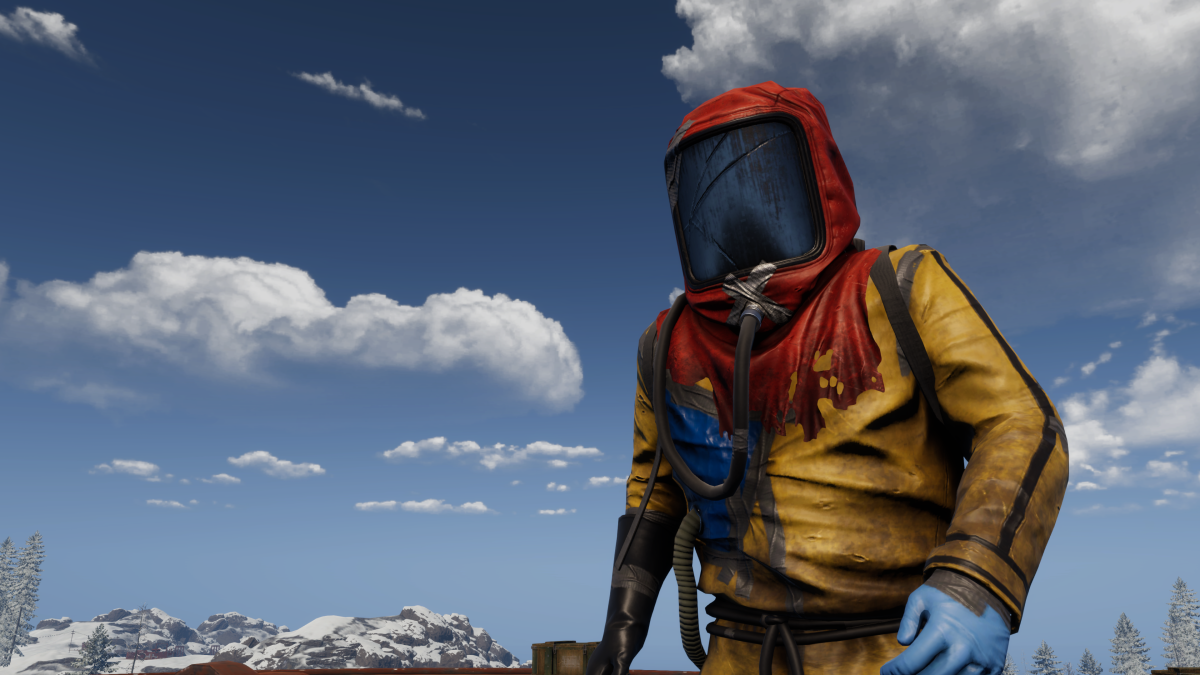
Combat and Defense Strategies
Dealing with Hostile Players
- Avoidance: Stay out of sight by crouching and moving through dense vegetation.
- Basic Defense: Craft simple weapons like a spear to defend yourself.
- Conflict Resolution: Sometimes, it’s better to run and preserve your progress than engage in a risky fight.
Defending Your Base
- Fortifications: Upgrade wooden walls to stone as soon as possible.
- Locks: Install key or code locks on doors to prevent unauthorized access.
- Traps: Use simple traps to deter would-be raiders.
Building and Maintaining a Base
Choosing the Right Location
- Proximity to Resources: Build near trees, rocks, and water sources.
- Seclusion: Avoid building in open or high-traffic areas to reduce the risk of raids.
Essential Base Upgrades
- Tool Cupboard: Protects your base from being claimed by other players.
- Reinforced Doors: Steel doors offer much better protection than wooden ones.
- Honeycombing: Add extra layers to your walls to make raiding more difficult.
Navigating the World of Rust
Using the Map Effectively
- Markers: Place custom markers to keep track of resources and landmarks.
- Biomes: Learn the resource availability and risks associated with each biome.
Exploring Monuments and Resource Areas
- Loot Opportunities: Monuments like the Airfield and Dome offer high-tier loot.
- Radiation Zones: Equip protective gear to safely explore areas with radiation.
Advanced Survival Tips
Managing Resources Wisely
- Efficient Use: Only craft what you need and avoid hoarding unnecessary items.
- Farming: Cultivate crops to ensure a steady food supply.
Team Play and Alliances
- Forming Teams: Join clans or team up with friends to share resources and defend your base.
- Trading: Establish trade relationships with other players for mutual benefit.
Common Mistakes to Avoid
Ignoring Resource Management
- Overspending Materials: Avoid wasting materials on unnecessary upgrades or items.
- Neglecting Food and Water: Always keep a buffer supply to avoid emergencies.
Overexposing Your Base
- Poor Placement: Avoid building on hills or near high-traffic areas.
- Weak Defense: Upgrade your walls and doors promptly to deter raiders.
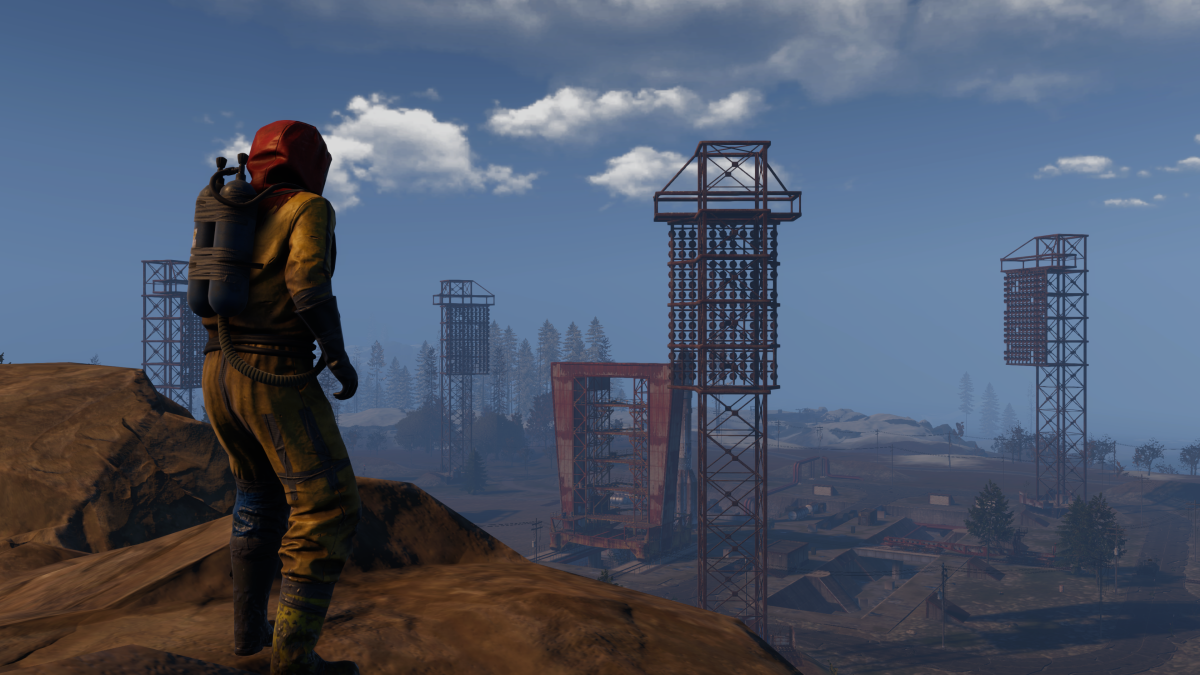
Community Tips and Tricks
What Experienced Players Recommend
- Build Smart: Focus on compact and efficient base designs to minimize weak points.
- Scout First: Always survey an area before committing to a base location.
Learning from Other Players’ Mistakes
- Watch and Learn: View tutorials and gameplay videos to understand advanced techniques.
- Community Forums: Join Rust forums or Reddit communities to seek advice and share experiences.
Conclusion
Your First Steps Toward Mastering Rust
Mastering Rust’s brutal environment takes time and patience. By following these tips, beginners can build a strong foundation for survival and progression. Stay resourceful, adaptable, and always prepare for the unexpected.
Final Tip: Practice regularly, learn from your mistakes, and enjoy the journey—Rust’s challenges are what make victories so rewarding.
FAQ
How do I survive my first night in Rust?
Focus on gathering wood and stone to build a basic shelter. Light a campfire to stay warm and cook food.
What tools should I craft first?
Start with a stone hatchet and pickaxe to efficiently gather resources.
How do I protect my base from raids?
Upgrade your walls to stone or metal, install locks, and consider adding traps around your base.

